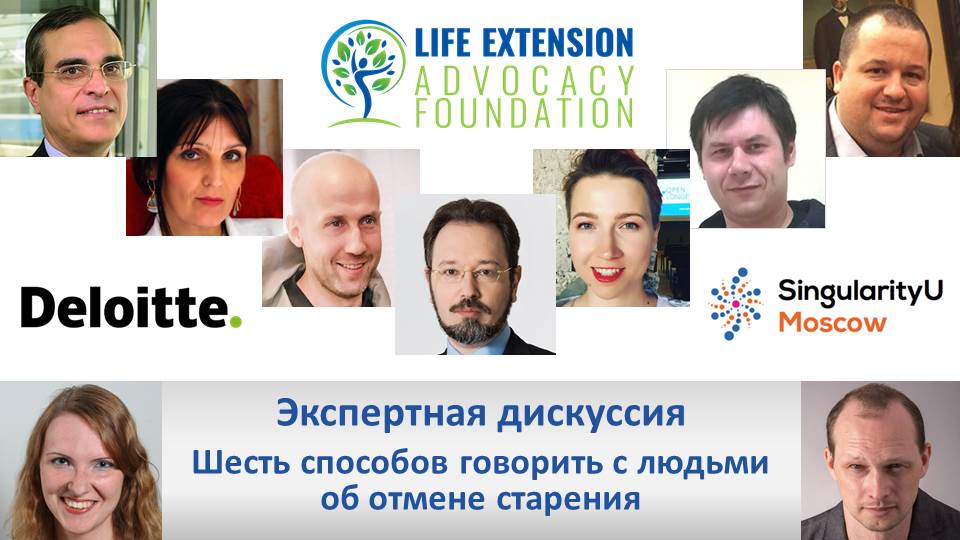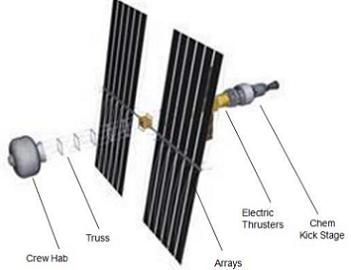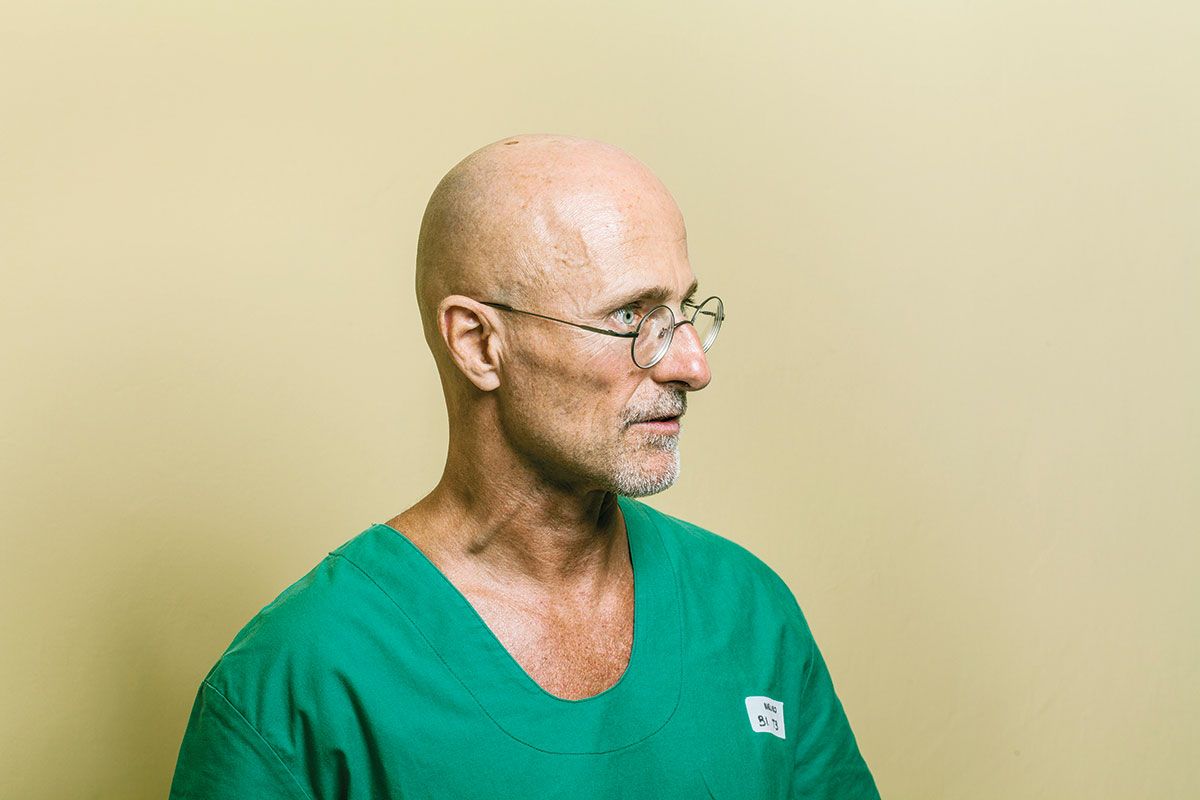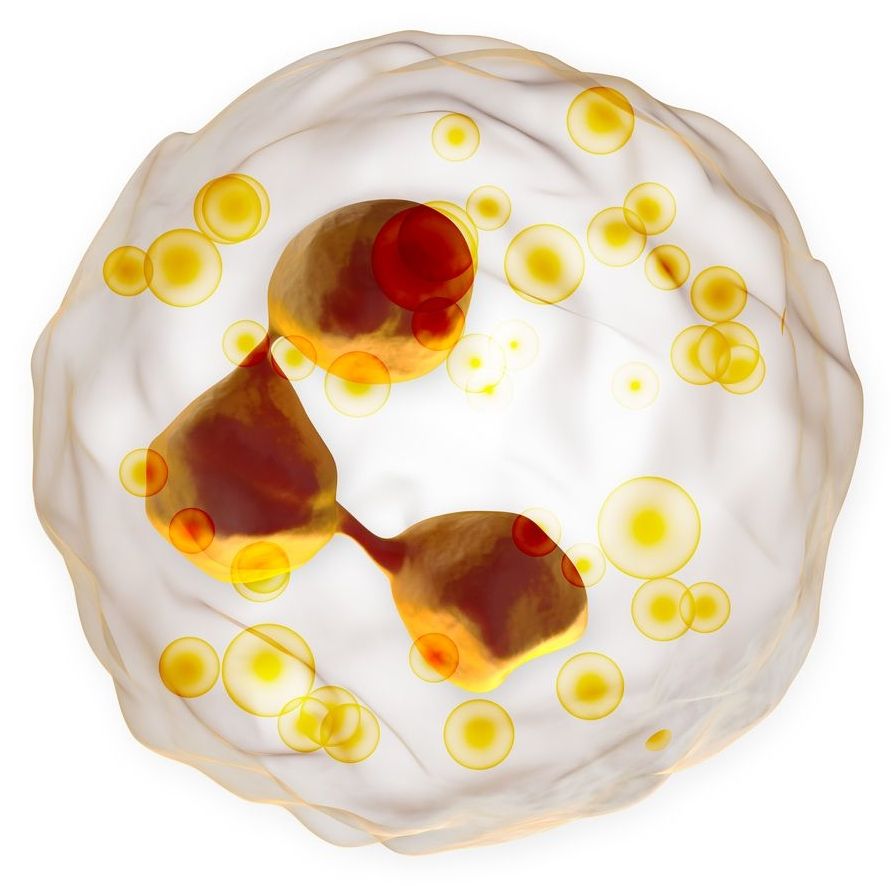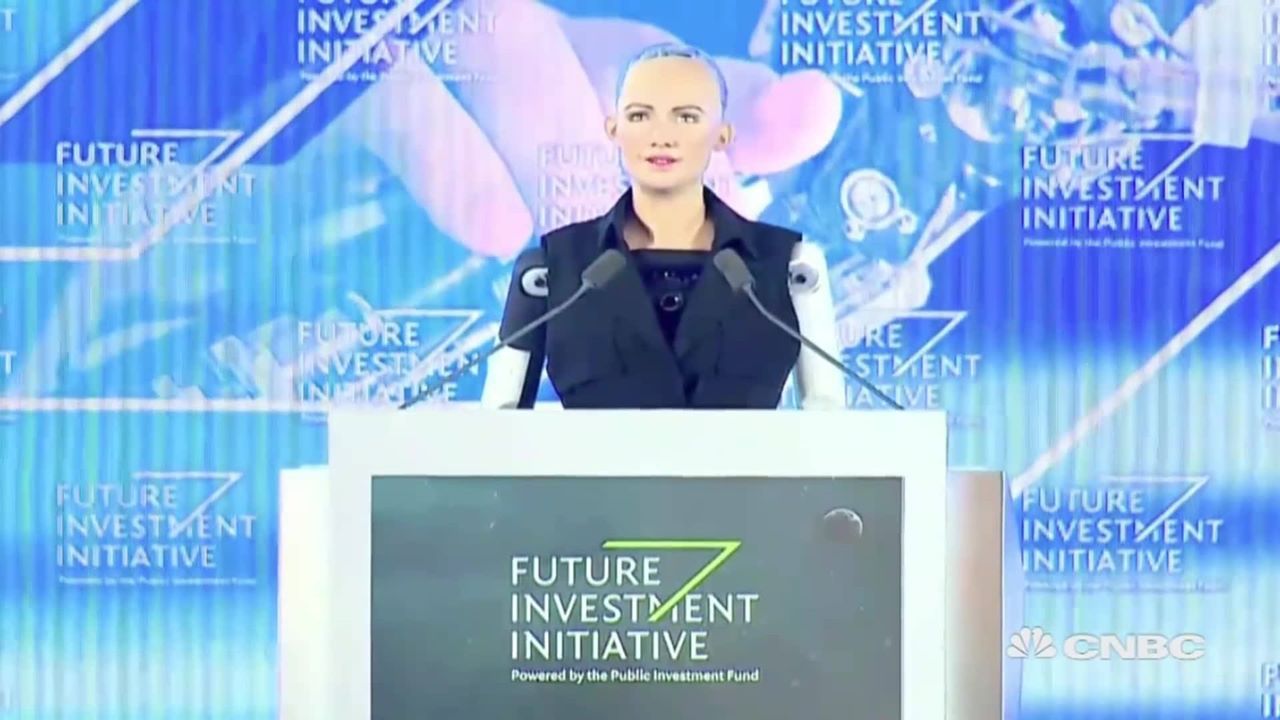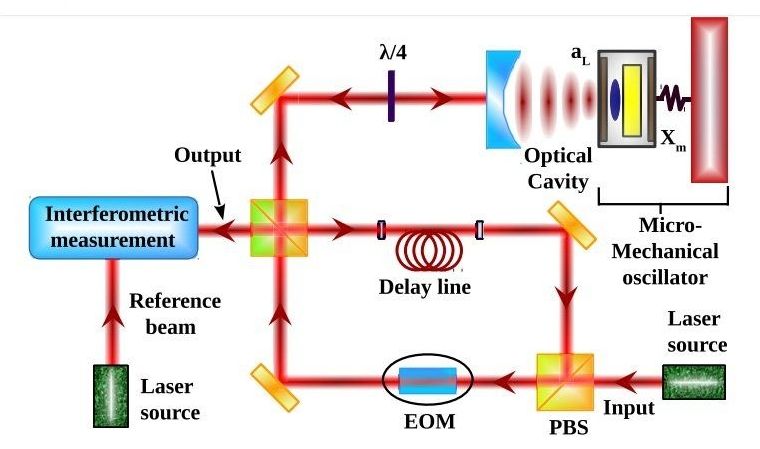Oct 31, 2017
6 Ways to Talk to People about Ending Aging – Moscow Nov 4th
Posted by Steve Hill in categories: biotech/medical, life extension, singularity
The Life Extension Advocacy Foundation, in collaboration with Singularity University Moscow Chapter and consulting group Deloitte, is hosting in Moscow an expert discussion on how to inform society about the potential and the advancement of gerontology and preventive medicine.
Life Extension Advocacy Foundation, in collaboration with Singularity University Moscow Chapter and consulting group Deloitte, are hosting in Moscow an expert discussion on how to inform society about the potential and the advancement of gerontology and preventive medicine. These experts believe that attracting people’s attention to the capabilities of medical technologies to prevent aging might help extend the healthy period of life and significantly decrease morbidity from age-related diseases.
The panel discussion “6 ways to talk to people about ending aging” will bring together famous futurists, scientists, science popularizers and public figures who foster the dissemination of the idea to prevent aging in Russia and other countries.
Continue reading “6 Ways to Talk to People about Ending Aging – Moscow Nov 4th” »
